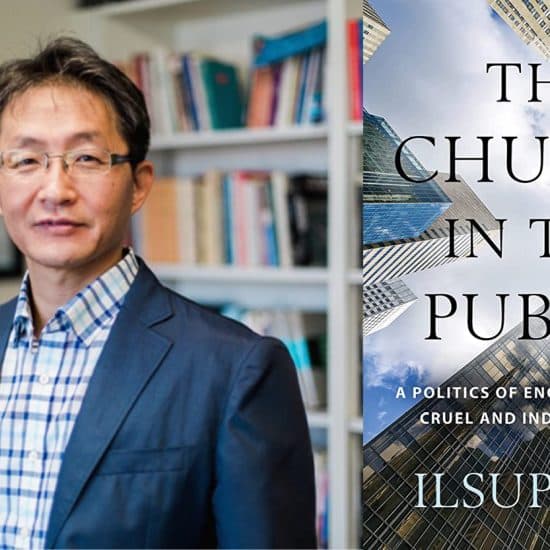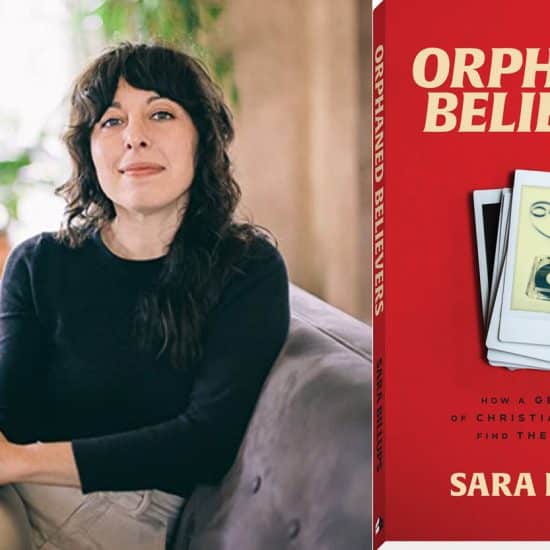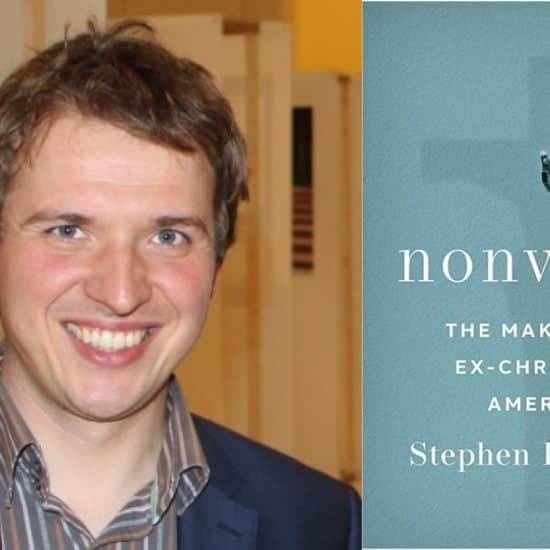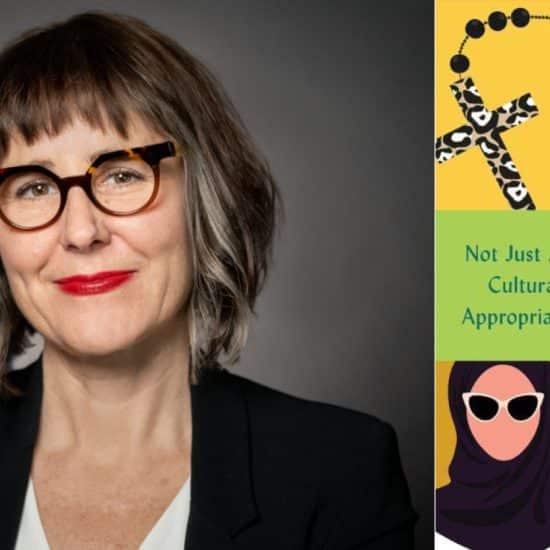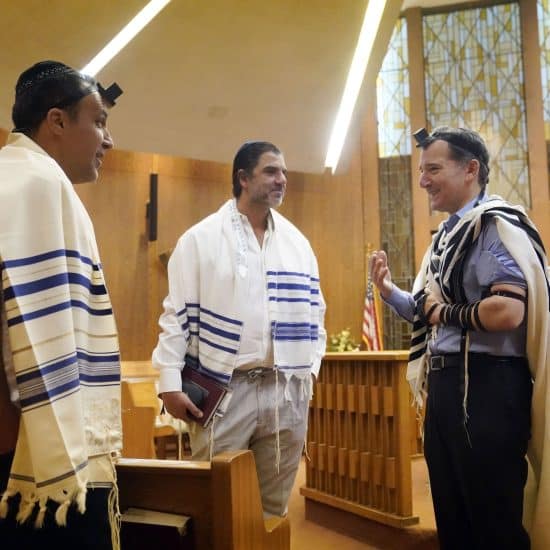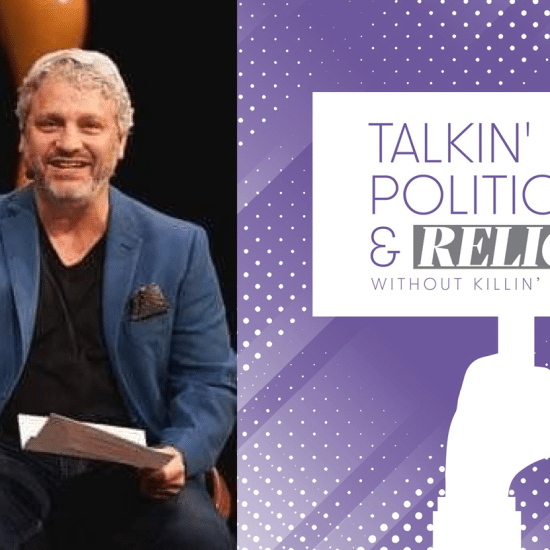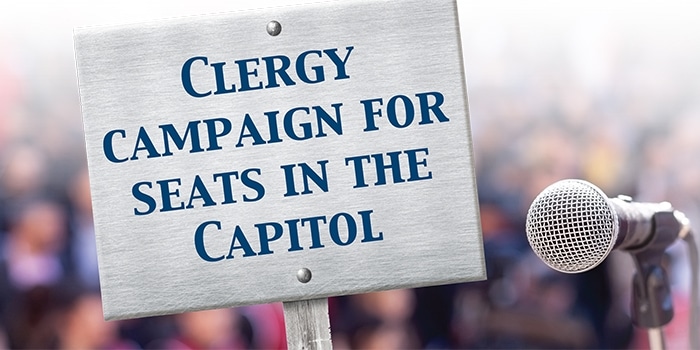
Political organizer David Lane hopes to see 1,000 pastors running for political office this year.
To advance this goal, he holds training sessions for pastors and faith leaders to politically activate them toward conservative political causes and inspire them to engage more in the political process.
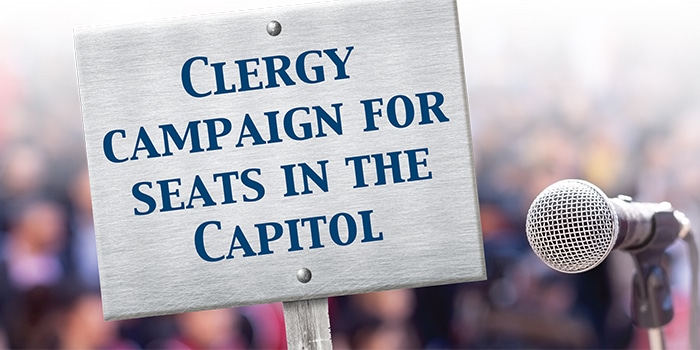 He calls these events “Issachar Training,” which refers to 1 Chronicles 12:32 where the biblical text says Issachar (one of the 12 tribes of Israel) was led by “men who understood the times and knew what Israel should do.”
He calls these events “Issachar Training,” which refers to 1 Chronicles 12:32 where the biblical text says Issachar (one of the 12 tribes of Israel) was led by “men who understood the times and knew what Israel should do.”
Lane will host “Issachar Training” in St. Louis, Mo., in mid-October as part of a “Missouri Renewal Project” event. Others involved in the event include former U.S. Attorney General John Ashcroft, former U.S. Congressman Bob McEwen and several conservative political activists.
U.S. Sen. James Lankford from Oklahoma, a former program director at Falls Creek Baptist Conference Center (a ministry of the Baptist General Convention of Oklahoma), spoke at Lane’s event in Little Rock on how his calling shifted from a campground to Congress.
He noted some friends felt he left ministry to run for office in 2010, but he sees it differently. Lankford served two terms in the U.S. House before winning a U.S. Senate seat in 2014.
“Ministry is not a vocation, it’s not an occupation,” Lankford explained. “It’s a calling to a person. You made a decision: ‘Are you going to follow Christ?’ He determines the location of your ministry.”
Lankford noted that nearly all of the books of the Old Testament are “written to a political leader, by a political leader or about a political leader.” He added that God “is passionate about the family, about the church and about government,” thus those institutions remain important.
He finds it “fascinating” to see Christians engage the political process to “honor God in our daily life, including how we vote.”
Despite seeing his service in Congress as his calling, he disagrees with viewing the nation’s capital as the key to transforming the country.
“Washington doesn’t fix America,” Lankford said. “The church fixes America [and] that fixes Washington. That’s how it turns around.”
“If your hope is in D.C., I’m going to tell you, D.C. is going to let you down and it’s going to let you down a lot,” he added.
Lankford, Lane and others urging political involvement often refer to the “founding fathers” and the founding period. Yet, many early state constitutions actually barred clergy from running, including Delaware, Kentucky, Maryland, North Carolina, New York, Georgia, South Carolina and Tennessee. Such bans no longer apply, and the only reference to religion in the original text of the U.S. Constitution comes in Article VI that prohibits religious tests for office.
Today, clergy not only can run for office but often do. Baptist pastors have been among those winning political races, such as Missouri Republican State Rep. John McCaherty and Missouri Democratic State Rep. Tommie Pierson (who also ran unsuccessfully this year for his party’s nomination for lieutenant governor).
Seminary to statehouse
Judy Baker sees connections between faith and politics — and she knows both areas well. With an M.Div. degree from Southern Baptist Theological Seminary, Baker brought a different resume to the Missouri Capitol than the average lawmaker.
Baker served two terms as a state representative from Columbia. In 2008, she narrowly lost a race for U.S. representative, and she unsuccessfully ran for the Democratic nomination for lieutenant governor in 2012. This year, Baker is her party’s nominee for state treasurer.
 Judy Baker, candidate for Missouri treasurer, visits with a young girl during a Labor Day event.Baker’s husband, John, served as a pastor for a couple of decades before becoming the executive director of a nonprofit community foundation. When Judy first ran for office, John served as pastor of First Baptist Church of Columbia, Mo.
Judy Baker, candidate for Missouri treasurer, visits with a young girl during a Labor Day event.Baker’s husband, John, served as a pastor for a couple of decades before becoming the executive director of a nonprofit community foundation. When Judy first ran for office, John served as pastor of First Baptist Church of Columbia, Mo.
Baker sees her faith as impacting her involvement in politics. Feeling “called to work for justice,” she tries to live that out “both in my faith and in my career.”
“Starting early in my life memorizing scripture in GAs (Girls in Action) and through my seminary training and life as pastor’s wife, Sunday School teacher and deacon, I have always been led by my faith,” she explained.
“The measure of my involvement in politics is how can I serve the grace found in Christ and apply that to the public service of others. For every decision I’ve made I have asked myself how it will affect the people God loves and how will it lift them up to be all that God wants.
“When I tell people about my background they always assume I am of a certain party and are surprised to hear that I identify with the other,” she added. “After decades of being immersed in the scriptures about ‘giving your coat’ and to walk humbly with my God, I found myself feeling more at home with the party I ended up in. But I will say that for me my faith is always above party lines.”
While her faith impacts her political involvement, Baker also noted how running campaigns and serving in office “has surely tested faith.”
“One can become so cynical when observing so closely how power and money often win the day rather than the good of the people,” she said. “But then I will see so many make sacrifices to stand for others and give voice to the voiceless, and I receive the inspiration I need to stand up as well.
“My constant prayer is to be a vessel through whom the author of love, grace, forgiveness and hope can lead, even in politics,” she added.

